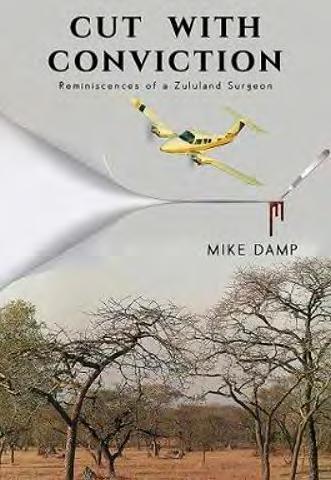
3 minute read
RACS and First Australians – the Indigenous Surgical Pathway Program
For many decades the Royal Australasian College of Surgeons (RACS) members have demonstrated a desire to contribute to improving the general health and wellbeing of First Australians. In recent years, our College has formalised its ongoing commitment to Indigenous health. This has included a multifaceted approach to First Nation health encompassing areas such as increasing the surgical workforce, awareness by the Fellowship of the disparity between Indigenous and non-Indigenous health, and using our leadership position for positive influence, all starting from within the College. RACS is among the leading Australian institutions in this field, contributing to solution-driven policies and actions that impact First Australians. One significant example of this commitment is expressed in the RACS 2013 Indigenous Health position paper, which recognises that Indigenous people are more likely to present for, and comply with, treatment guidelines if increased numbers of Indigenous people were represented in the medical workforce at all levels of care. According to 2016 Australian Bureau of Statistics data, there are approximately 800,000 First Australians. To achieve the same ratio of doctors to patients as nonIndigenous Australians there need to be 3200 First Australian registered doctors. According to available data, there are approximately 400 First Australian registered doctors. There are currently almost 7000 active RACS Fellows, Trainees and SIMGs. This translates to roughly 3500 patients per surgeon in Australia. If applying the same ‘population per surgeon’ formula to First Australians, we should have 219 First Australian surgeons. Currently, we have three. This (rather simplified) demographic breakdown helps puts into perspective the unique circumstances and challenges faced by the Indigenous Health Committee (IHC) when implementing the RACS 2013 Indigenous Health position paper to help rectify this inequity. Converting policy into action, and then ensuring such action produces the desired outcome is challenging at the best of times.
There are so many international achievements from a minority population of 800,000 within a world population of 8 billion (such as CNN anchor Stan Grant and Captain Reginald Saunders, recipient of a United States Presidential citation) despite historical government policies relegating First Australians to the fringe of mainstream Australian society. In fact, the only impediment to more success is the power differential created by racism, limiting their ability to reach critical mass in the number of doctors and surgeons. The Indigenous Surgeons Pathway Program (ISPP) is a long-term, multipronged initiative that recognises the need to support those wishing to contribute to health equity for First Australians. The solution is, in part, changing the culture within our institution to honour the rights and value the amazing contributions First Australians have to offer.
Advertisement
Our goals are to inspire First Australians (school students, medical students, those in other health careers) to consider a career in surgery. To support them through preparation for, application to and completion of Surgical Education and Training (SET); develop a mentor program to support RACS Fellows who wish to support the program; coordinate and facilitate collaboration between stakeholders; and support our current SET Trainees. The pilot project for the ISPP is being led by the Royal Darwin Hospital. Health service, departmental and mentorship standards will be defined and, ultimately, a package will be developed to be introduced and applied Australia-wide. The challenges faced by the ISPP working group can be unique and often multigenerational, requiring unique and multigenerational solutions. Underpinning the ISPP is the preparedness to adopt a First Australian holistic approach to wellbeing and health, and draw on the commitment of RACS Fellows and RACS administrative staff, as well as upon First Australian community values. Moreover, an appreciation of Australian Government policy history, and an understanding of First Australian community values and the unique circumstances impacting upon First Australians is needed. We look forward to the collective support and contribution from RACS, as a whole, and hope to be able to demonstrate our ongoing leadership, innovation and professionalism when contributing to Australia’s wellbeing as a complete community. The ISPP is partly funded by the Australian Government Department of Health through the Specialist Training Program (STP). The ISPP will be officially launched later in the year. If you would like to know more about RACS Indigenous health initiatives visit surgeons.org/aboutracs/indigenous-health.









